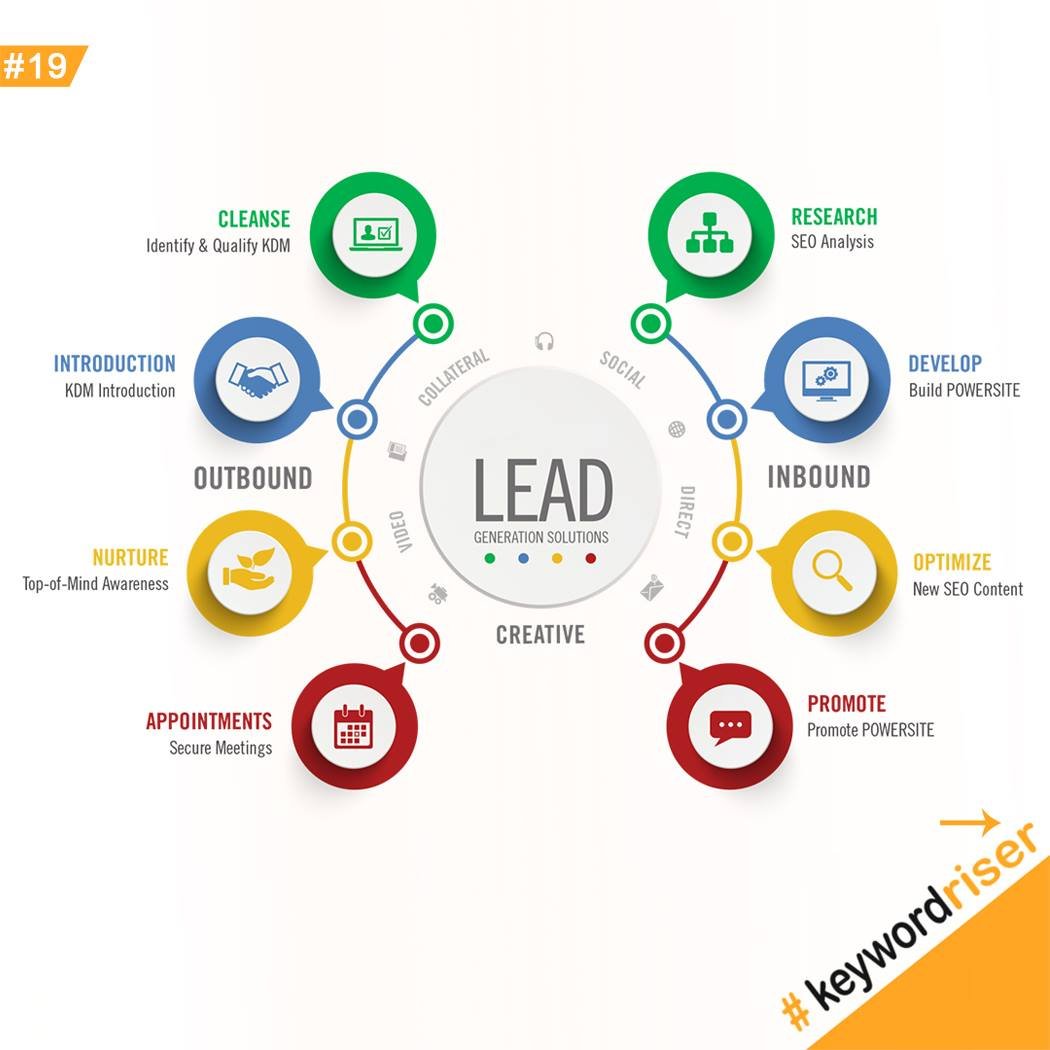In a digital-first world online marketplaces are rapidly becoming commonplace, particularly among millennials as well as Gen Z who love to shop while on the move.

In a digital-first world online marketplaces are rapidly becoming commonplace, particularly among millennials as well as Gen Z who love to shop while on the move. The world's biggest online retailer Amazon announced 200 million monthly unique customer purchases through its website while its total revenues were more than $280 billion. In the past the age of online shopping, it was all about convenience and the individual preferences of the buyer. In the time of the pandemic, the online marketplace was more common due to restrictions on lockdowns as well as the requirement for delivery via contactless. After the pandemic, this trend has led to a major shift in consumer preferences for shopping online.
The outbreak also compelled businesses to look online for new customers and a larger base. Therefore, a lot of sellers are finding it necessary to sell their products on major online marketplaces such as Myntra, eBay, Amazon, and more. Online e-commerce platforms offer many advantages over conventional physical structures. However, they have their own set of drawbacks. Let's look at both of these aspects in greater detail.
Benefits of Selling on Online Marketplaces
- Online Marketplaces are the most popular channels of sales for online retailers because they draw millions of customers who are unique every month. In 2019, Amazon sales exploded from 4,000 products (of Small and Medium-sized Businesses) every minute. The pandemic helped to extend the online users further and increase the reach of these websites while the world was in lockdown and online shopping websites were the only choice. Small-scale enterprises that are just starting out don't have the right infrastructure or market expertise to build a platform with a huge customer base. Selling on marketplaces online provides an even larger customer base with a solid foundation of trust and confidence.
- The major e-commerce sites like Amazon and Flipkart have solid legal and technical infrastructure that allows sellers to get their products on the market easily. They are skilled at managing massive customer traffic at any time in time. A seller can conserve time and money that can be used to enhance products and services. Marketplaces give sellers the appropriate exposure and chance to grow.
- Online marketplaces offer trust and confidence to small and medium-sized businesses by assisting them in managing their customer service and return and exchange policies efficiently. Additionally, customers will typically find shopping on well-known websites such as Amazon far more secure than giving their card information on a site they've never known about.
- They also provide exposure to sellers since they provide products to a global market. Amazon has more than 13 country-specific websites, and it ships and ships goods to more than 100 countries around the world. Sellers can determine if their items will appeal to an international public by simply listing their products on the marketplace.
- Delivery and shipping are the major aspects of selling online. Online stores take control of logistical aspects, payment systems, and operations. Sellers will have a smooth experience since the websites are covered for order fulfillment and customer service.
The disadvantages of selling on Online Marketplaces
Marketplaces on the internet come with their own disadvantages that go beyond the positive image. In addition to the commissions that cut the profit margin and the commissions that are charged, there are some cons that sellers must face when selling on marketplaces online:
- Marketplaces on the internet house a variety of sellers who sell similar items. Since competition is extremely fierce, sellers have to up their game to make their offerings stand out from the rest of the pack. Sellers who are nefarious often take away the customers of a brand by using their seller information to swindle customers with fake goods. In these instances, negative reviews of customers appear beneath the actual product, adversely sales.
- The intense competition demands sellers to advertise their goods through online marketing. These costs directly impact the profit margins, which have already been cut down following the commission reduction.
- While selling through an online marketplace can save money in time and money, this does not result in brand building or lasting customer relationships. Customers browse through these marketplaces and focus on the product and not the brand. If a seller is looking to develop their brand, relying on Amazon and other online shopping platforms isn't the best option.
- If a customer pays a bill through an online shopping marketplace the payment is received by the marketplace, not by the seller. After the deductions for service charges and other commissions are made the seller receives the money credited to their account as a seller. The process of payment can last from 7 to 14 days on popular sites like Amazon. This creates management challenges for new sellers facing financial pressure due to the absence of a regular stream of cash.

